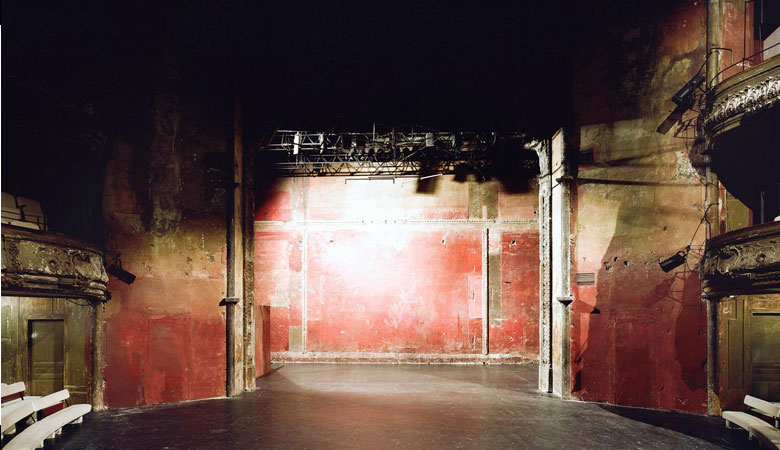Consult(ant)(ee)
Increasingly I find myself not only acting as a consultant - working to try and understand communities, places, and come up with viable and relevant strategies to help them evolve - but also being a consultee. Sometimes this is as a 'valued' or high status consultee - for example, due to being chair of Creative Colchester, the creative industries partnership board for Colchester; being a local business owner and investor in the city centre of Colchester. Sometimes it is simply as a resident, observing and commenting on upcoming plans. And sometimes it is due to my industry networks - being asked to provide some insight or help shape propositions for professional teams looking to work in our local area. I have spent many hours over the last few years participating and engaging at various levels - wanting to have my voice heard on behalf of our business; the cultural sector more broadly; because I want to speak up on issues that matter to me personally; or because I think I do ha

